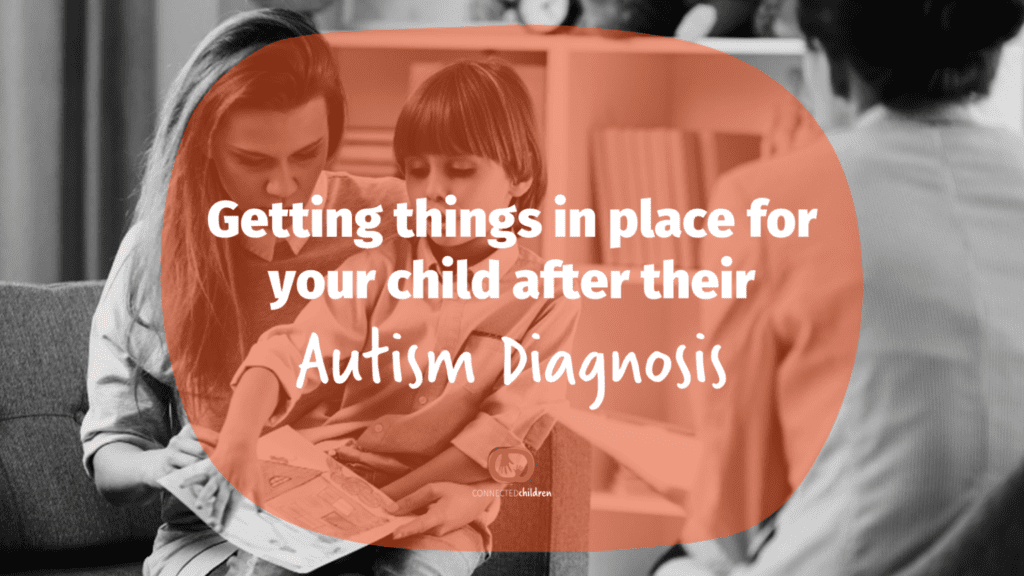
So now you have a diagnosis for your child, sometimes it can feel like you have traded in one set of questions for a whole new set of questions. If you have gotten this far, you are well on your way, here are some key points to help harness your expertise supporting your child.
There is also a download attached with more details.
Who do you feel gets it? Or perhaps, who do you think will get it more when you talk with them to help them understand your child?
Think about the people in your child’s life, what is their prior experience with autism? If it is limited, it is important to understand that it may take time for them to get their head around how to best support you and your child. You are further along on the path than others and so a little bit of patience and understanding with them, can go a long way.
You will need a good network, we all do.
A good paediatrician can make all the difference, finding one who has expertise supporting children with autism is essential. It’s ok to call and ask if this is their area or not, in fact, it is really important practice for speaking up for your child as their advocate.
An autism diagnosis can mean different things to different families. Pay attention to your thoughts, feelings and any preconceived ideas you may have about autism. It may be worth reading books about autism to help you.
This can take time if you are wanting to access NDIS funds, even if you are unsure, it would be valuable to start the process. You can either call NDIS on 1800 800 110 or complete an access request form.
What impacts your day to day family life the most? When there is a lot on your plate, it is so important to focus on the most important needs and set goals to address them.
This is especially important when working with therapists, ensure that they are addressing areas of need that are most important to your family. For example, if your child is engaging in behaviours that are unsafe to themselves or others, then this is likely to be your priority when working with the therapist. All therapists have different training and experience, hence it is important to ensure they have the skills to address your goals and needs. Some people find it difficult to ask this of the therapist, but the more practice you have asking these questions, the easier it will be.
There is more information in the download attached in finding schools, supporting your marriage, the other siblings and accessing funding through NDIS.
